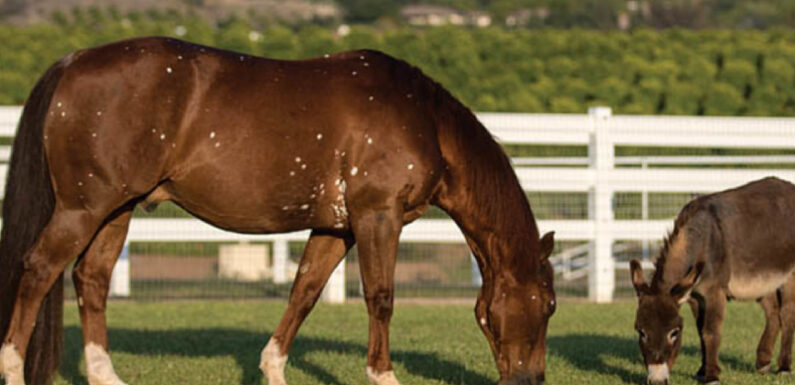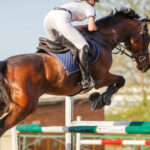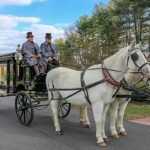
When does a horse retire?
There really is no particular retiring age for horses. Sometimes, race horses in their early twenties will be fit enough to compete in races, while some may end up doing their last race when they are only three years old. It is a common misunderstanding that injury forces horses into retirement. Injury may be one of the reasons, but it is not the sole reason. In reality, a horse will show signs that it is time to reduce his workload. There will be slow but sure signs of change in his fitness, speed, agility, and mental edge.
How do you take care of a magnificent animal like a horse until his last day? Here are some caring tips that will guide you in taking care of your retired horse.
Taking care of your retired race horse
#1. Systematic reduction of workload
It would be totally unfair to retire a horse abruptly just because his performance doesn’t match up to that of his heydays. The best way to retire your equine is to gradually reduce his workload. Instead of making him run every day, you could take him out for a casual ride a few times a week. Your horse may be retired, but that doesn’t mean he cannot run. In fact, light riding can keep him fit and active.
#2. Give him dental care
Weakness and loss of muscle are likely to occur in aged horses that have dental issues. Adequate dental care ensures healthy teeth and gums. Even if your horse can no longer chew, you can switch him to a formulated feed that is easier for him to chew and digest.
#3. Stick to a wellness schedule
A retired horse requires a wellness schedule as much as a horse that’s in its prime. It is the responsibility of a horse owner to schedule vaccinations, dental and vet appointments. Your equine needs the same love, care, and attention to keep him going in the latter days of his life.
#4. Groom your horse
So your horse is no longer going to meet his fans and his audience. But that’s no reason for him to look shabby. Grooming also allows you to evaluate your horse for skin conditions and superficial wounds that may go undetected and fester into something more serious.
#5. Find a retirement companion
Retirement can be lonely for a race horse that has been very active. While pairing your horse with a like-minded retirement mate, you must ensure that you put him with younger horses that are not pushy and bossy. A retired horse can happily co-exist with ponies, mules, donkeys, and even goats.
#6. Keep him well-hydrated
A well-hydrated horse’s mouth will be moist and his skin will be supple. If both are missing, your horse might not be drinking enough water due to various reasons. Proper hydration is as important as healthy fodder for retired horses.
What to expect when your horse grows old
As your horse grows older, his demeanor and physical appearance are likely to change. It is common for old horses to drop weight due to various reasons. Unless there is a dramatic weight loss within a short timespan, there should be no reason to worry. Owners must also look out for arthritic problems that are caused by years of wear and tear.
Your horse is just like any other domesticated pet and requires a lot of love and attention. Look after him with dedication and be attentive when something looks wrong. Treasure your moments with your retired equine friend.





